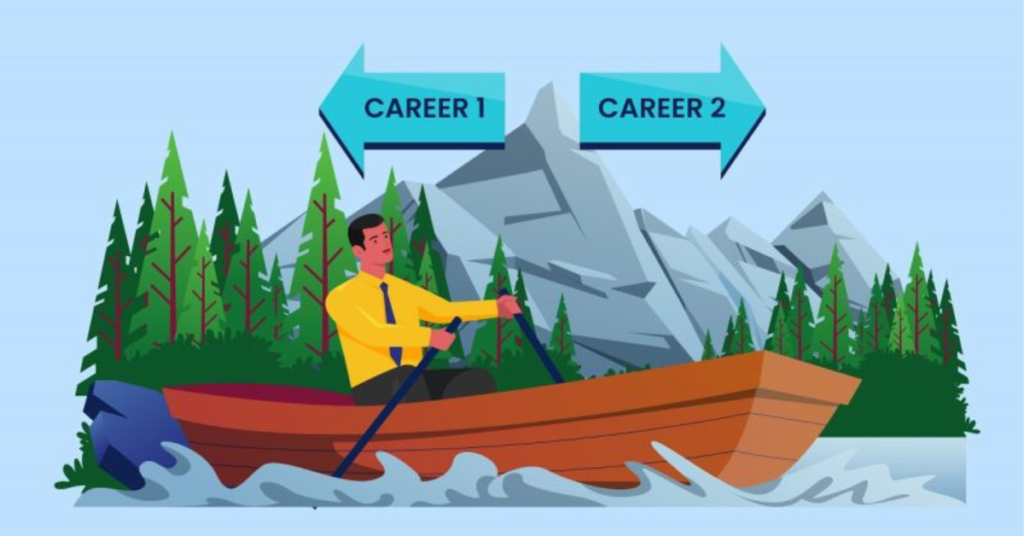Mid-career Transition at 40 can be a transformative experience, offering new opportunities for growth and fulfillment. Whether you’re seeking a change due to burnout, a desire for more meaningful work, or a need for better work-life balance, a mid-career transition can be the perfect solution. This guide will provide you with essential insights and tips to make your career shift a successful and rewarding journey.
Why Consider a Mid-career Transition at 40?
- New Opportunities: By 40, you have gained valuable experience and skills that can be transferred to a new field.
- Personal Fulfillment: Changing careers can reignite your passion and interest, leading to greater job satisfaction.
- Work-Life Balance: Many mid-career professionals seek roles that offer better work-life balance, reducing stress and improving overall well-being.
- Financial Stability: At this stage, you may have a more stable financial foundation, allowing for smoother transitions.
Steps to a Successful Mid-career Transition
- Self-assessment:
- Identify Your Skills and Interests: Reflect on your strengths, skills, and what you enjoy doing.
- Consider Your Values: Think about what is most important to you in a job, such as work environment, flexibility, and job security.
- Research and Planning:
- Explore Potential Careers: Research industries and roles that align with your skills and interests.
- Educational Requirements: Determine if additional education or certifications are needed for your new career path.
- Market Demand: Look into the demand for your desired career in your location or consider remote opportunities.
- Networking and Mentorship:
- Connect with Industry Professionals: Attend industry events, join professional associations, and use LinkedIn to network.
- Seek Mentorship: Find a mentor in your desired field to provide guidance and support.
- Skill Development:
- Continue Learning: Enroll in relevant courses, workshops, or online classes to acquire the necessary skills.
- Gain Experience: Consider internships, volunteer work, or part-time roles to gain experience in your new field.
- Update Your Resume and Online Presence:
- Highlight Transferable Skills: Focus on skills and experiences that are relevant to your new career.
- Professional Profiles: Update your LinkedIn and other professional profiles to reflect your career change.
- Job Search Strategies:
- Tailored Applications: Customize your resume and cover letter for each job application.
- Utilize Job Boards: Use job search engines and company websites to find opportunities.
- Leverage Your Network: Reach out to contacts who may know of job openings or can provide referrals.
Overcoming Challenges in Mid-career Transition at 40
- Age Bias: Be prepared to address potential age bias by emphasizing your experience, maturity, and readiness to learn.
- Financial Concerns: Plan financially for the transition period, including potential income reduction during the switch.
- Adaptability: Stay open to change and be willing to adapt to new environments and technologies.
Success Stories
Reading about others who have successfully transitioned careers at 40 can provide inspiration and practical tips. Look for blogs, articles, and interviews featuring mid-career professionals who have made the leap.
Conclusion
A mid-career transition at 40 is not only possible but can lead to a more fulfilling and balanced professional life. With careful planning, continuous learning, and the right support network, you can successfully navigate this transition and embark on a rewarding new career path. Embrace the journey, and remember that it’s never too late to pursue your passions and redefine your professional life.

